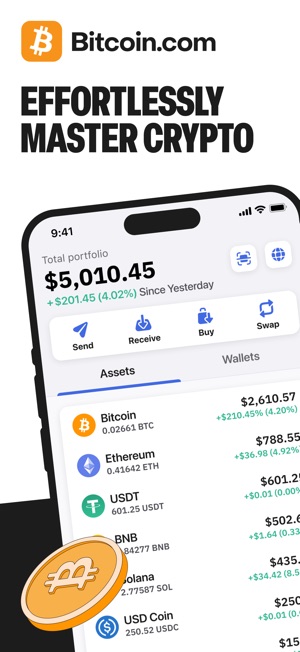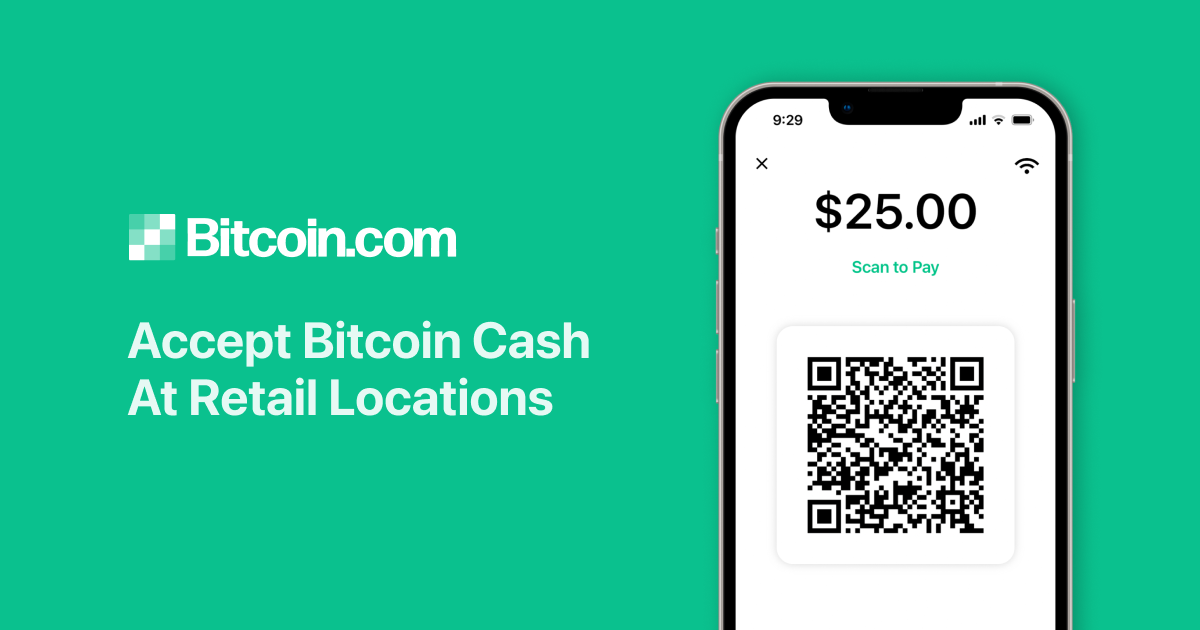
In recent years, the rise of cryptocurrencies has fundamentally altered the way we think about transactions and payments. One of the most prominent cryptocurrencies, Bitcoin, has become a leading payment method for many online transactions. As more businesses seek to incorporate cryptocurrency into their payment processing systems, btc payment provider have emerged as a vital part of the e-commerce ecosystem, facilitating seamless transactions and providing various benefits to merchants and consumers.
Bitcoin payment providers serve as intermediaries that allow businesses to accept payments in Bitcoin and other cryptocurrencies. These providers simplify transactions, handling the complexities of cryptocurrency, while offering businesses a streamlined way to implement Bitcoin payments. In this article, we will explore the roles and benefits of Bitcoin payment providers, how they work, their impact on e-commerce, and the future of digital currency in payments.
The Role of Bitcoin Payment Providers
Bitcoin payment providers act as gateways for merchants wishing to accept Bitcoin as a payment method. They offer various services that help facilitate these transactions, including:
- Transaction Processing: Payment providers handle the entire transaction process, ensuring that payments are received and processed efficiently.
- Integration with E-commerce Platforms: Providers often offer plugins and tools that integrate seamlessly with popular e-commerce platforms, allowing businesses to start accepting Bitcoin with minimal technical expertise.
- Volatility Management: Since Bitcoin prices can fluctuate significantly, payment providers often offer services that allow merchants to convert Bitcoin to fiat currency immediately, protecting them from price volatility.
- Security and Fraud Prevention: They implement security measures to protect both merchants and customers from fraud, hacking, and chargebacks, which are prevalent in traditional payment systems.
Benefits of Using Bitcoin Payment Providers
Adopting a Bitcoin payment provider can offer numerous advantages for businesses looking to expand their payment options. Here are some key benefits:

- Lower Transaction Fees: Compared to traditional payment processors, Bitcoin transactions often incur lower fees. This can result in significant savings for businesses with high transaction volumes.
- Access to a Global Market: Bitcoin operates on a decentralized network, allowing businesses to tap into an international customer base without the need for currency conversion processes.
- Faster Transactions: Bitcoin transactions can be processed quickly, often within minutes. This speed can enhance customer experience and lead to faster revenue realization for businesses.
- Increased Privacy: Cryptocurrencies offer enhanced privacy features, allowing customers to transact without needing to share sensitive personal information typically required by traditional payment methods.
How Bitcoin Payment Providers Work
The process of accepting Bitcoin through a payment provider typically involves several steps:
- Merchant Registration: Businesses must first register with a chosen Bitcoin payment provider, setting up their account and linking it to their bank account or wallet.
- Integration with Online Store: The provider supplies tools or APIs that businesses use to integrate Bitcoin payment options directly into their online stores, often through plugins or embedded systems.
- Payment Processing: When a customer makes a purchase using Bitcoin, the provider processes the transaction, which includes verifying the payment on the Bitcoin network.
- Settlement: Depending on the provider’s features, the Bitcoin can be instantly converted to fiat currency or held as cryptocurrency, allowing merchants flexibility in managing their assets.
The Impact of Bitcoin Payment Providers on E-commerce
The advent of Bitcoin payment providers has significant implications for the e-commerce sector. They not only pave the way for businesses to adapt to the growing demand for cryptocurrency payments but also promote innovation in payment systems. Here’s how they are influencing the market:
- Expand Payment Offerings: Businesses can appeal to a broader audience by providing diverse payment methods, catering to consumers who prefer using cryptocurrencies over traditional currencies.
- Encourage Adoption of Digital Currencies: As more businesses accept Bitcoin, consumers become more willing to use cryptocurrencies, further fostering acceptance and normalizing digital currencies in everyday transactions.
- Drive Competitive Advantage: Early adopters of Bitcoin payment solutions can stand out in a crowded market, attracting tech-savvy customers and capitalizing on the growing interest in blockchain technology.

Challenges and Considerations
While there are numerous advantages to using Bitcoin payment providers, businesses must also consider potential challenges:
- Regulatory Issues: The legal landscape surrounding cryptocurrencies varies significantly by region and is still evolving, which can introduce complexity for businesses.
- Market Volatility: The fluctuating value of Bitcoin may deter some businesses from fully embracing cryptocurrency payments without proper conversion strategies.
- Technical Barriers: Although many providers offer user-friendly solutions, some businesses may still face technical barriers and challenges in integrating new systems into their existing frameworks.
The Future of Bitcoin Payment Providers
The future looks promising for Bitcoin payment providers, with increasing global acceptance of cryptocurrency and investments in blockchain technology. As more people conduct online transactions and advocate for decentralized currencies, Bitcoin payment solutions will likely evolve to meet the demands of a rapidly changing financial landscape. Future innovations may include:
- Enhanced Security Protocols: As cyber threats become more sophisticated, payment providers will need to adopt even more robust security measures to protect transactions.
- Integration with Traditional Finance: We can expect further collaboration between cryptocurrency providers and traditional financial systems, creating hybrid solutions that combine the best of both worlds.
- Adoption of Smart Contracts: With advancements in blockchain technology, smart contracts may be integrated into payment processes, automating transactions and ensuring compliance with terms of sale.
In conclusion, Bitcoin payment providers are revolutionizing e-commerce, making it easier for businesses to accept digital currencies while providing consumers with more choices and privacy. As the landscape of payments continues to evolve, the role of these providers will undoubtedly expand, driving deeper integration of Bitcoin into the global economy and paving the way for a future that emphasizes flexibility, security, and innovation in the world of payments.




